Russia sees the development of alternative payment platforms to Western ones as a key goal as it takes on the rotating BRICS presidency.
The above information was announced by Russian Foreign Minister Sergey Lavrov in an interview with Sputnik Radio, Govorit Moskva and Komsomolskaya Pravda on April 19.
“One of the goals is the assignment from last year's BRICS Summit for Finance Ministers, as well as Central Banks, to prepare proposals for alternative payment platforms,” Lavrov said.
“This will be very important to ensure economic relations, economic prospects, these prospects are very solid, there are many plans… The West is destroying with its own hands the confidence in the global economic system that it created,” Russia's top diplomat said.
In addition, Mr. Lavrov said that this year 250 events will be held within the framework of BRICS to ensure “the smooth entry of new members into the group.”
“The number of members has doubled and BRICS has developed traditions, understanding processes, including a culture of consensus, mutual support and many operational structures over the years of its existence. Therefore, these new members will be relevant not only in ministerial events and summits but also in sectoral meetings related to information technology, agriculture and banking,” he added.
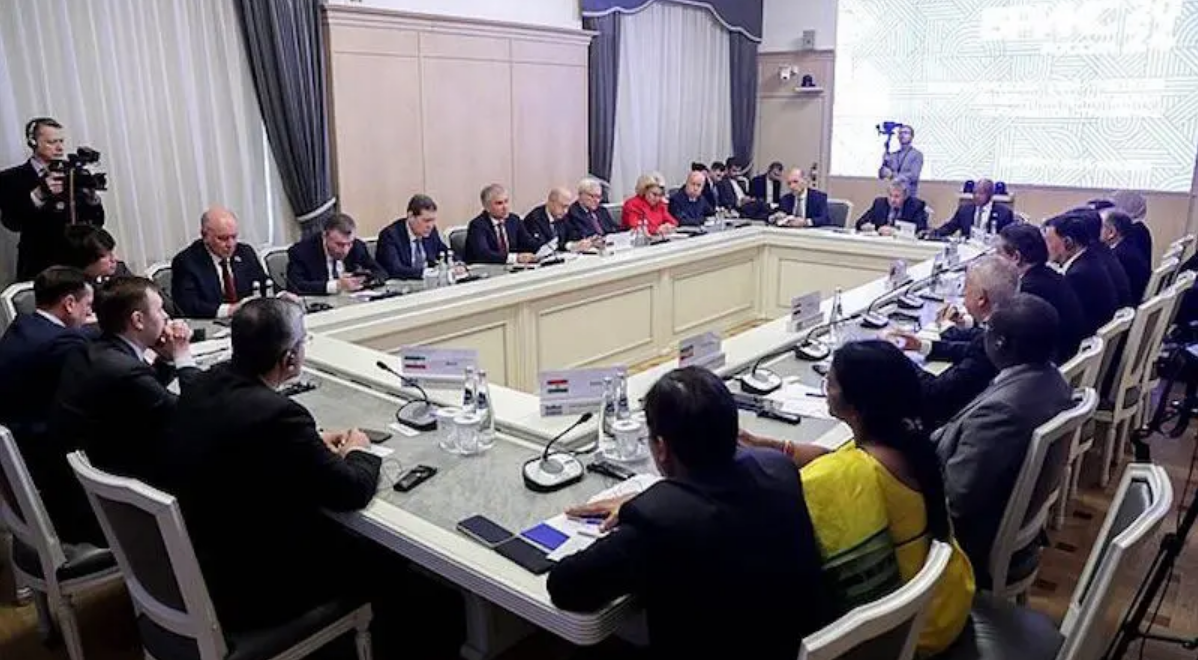
BRICS parliamentary leaders' meeting in the Russian State Duma (lower house), April 2024. Photo: Eurasia Review
BRICS currently has 10 members. Since its inception in 2006, BRICS has undergone two phases of expansion. In 2011, South Africa joined the original group, which included Brazil, Russia, India and China, making BRIC the BRICS.
In the second expansion, Argentina was one of six new members invited to join last August but later declined the invitation.
As of January 1 this year, five new members have officially joined BRICS activities, including Egypt, Iran, the United Arab Emirates (UAE), and Ethiopia. Saudi Arabia has not officially confirmed but has not refused to join the bloc led by China and Russia.
The expanded BRICS has “formidable” influence. It now includes the world’s largest oil producers and top energy consumers. BRICS members are united by the desire to reduce dependence on the US dollar in global trade.
Western sanctions imposed on Russia since the outbreak of the conflict in Ukraine – such as freezing the Central Bank of Russia’s (CBR) dollar reserves, excluding Russian banks from the international SWIFT interbank communications network, and banning oil imports from Moscow – have sparked interest in “de-dollarization” among many emerging countries.
“Some countries are primarily seeking to reduce the use of the dollar in their economies as a hedge against international financial turmoil,” said Zongyuan Zoe Liu, author of a study on the subject for the Council on Foreign Relations, a U.S. think tank. “Others are seeking to escape the extraterritorial nature of U.S. law, which uses the dollar to impose sanctions abroad .
Minh Duc (According to TASS, Le Monde)
Source





![[Photo] Looking back at the impressive moments of the Vietnamese rescue team in Myanmar](https://vstatic.vietnam.vn/vietnam/resource/IMAGE/2025/4/11/5623ca902a934e19b604c718265249d0)

![[Photo] "Beauties" participate in the parade rehearsal at Bien Hoa airport](https://vstatic.vietnam.vn/vietnam/resource/IMAGE/2025/4/11/155502af3384431e918de0e2e585d13a)
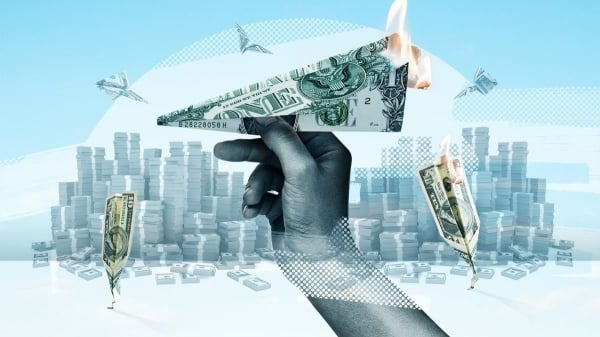

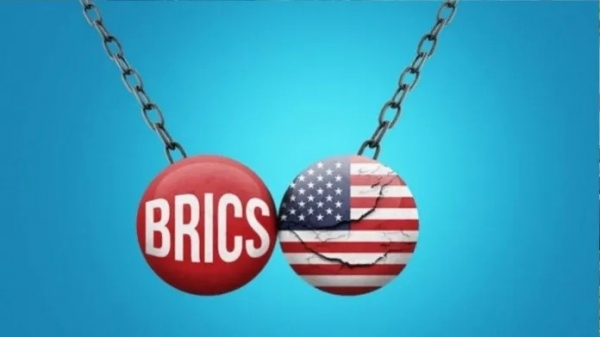
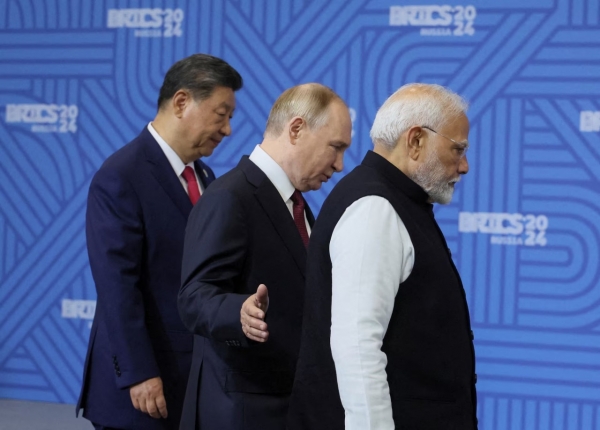

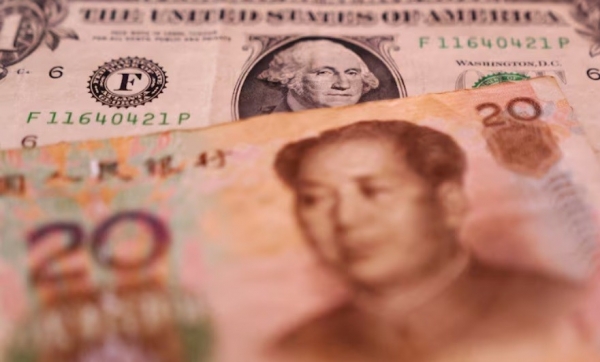
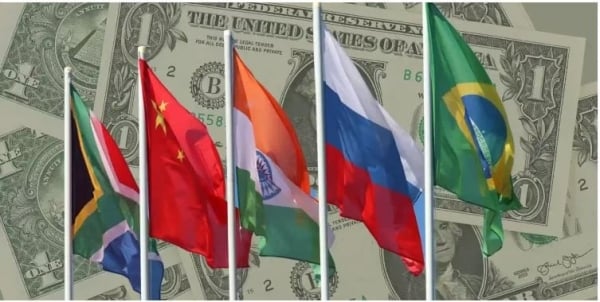















![[Photo] Summary of parade practice in preparation for the April 30th celebration](https://vstatic.vietnam.vn/vietnam/resource/IMAGE/2025/4/11/78cfee0f2cc045b387ff1a4362b5950f)















































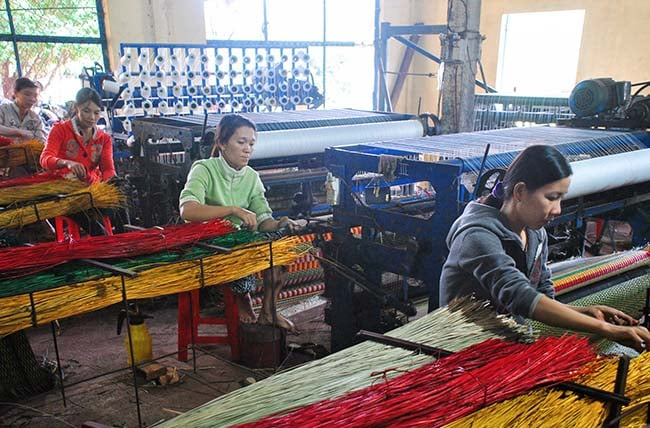












Comment (0)